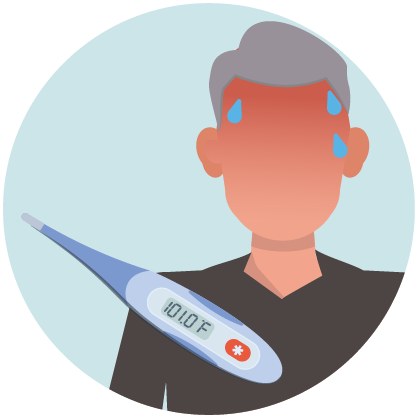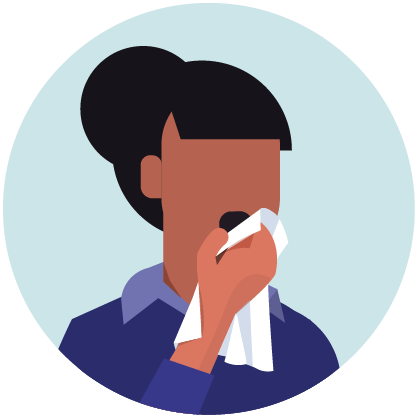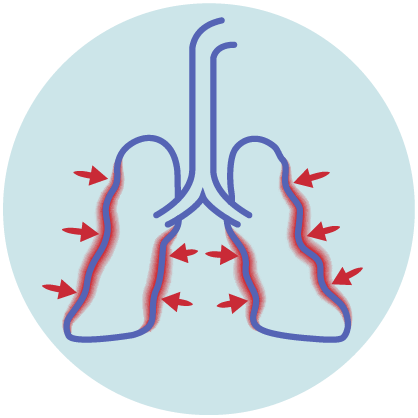What is Covid-19?
It is caused by a member of the corona virus family that has never been encountered before. Like other corona viruses, it has transferred to humans from animals. The World Health Organization (WHO) has declared it a pandemic.
What are the symptoms this corona virus causes?
According to the WHO, the most common symptoms of Covid-19 are fever, tiredness and a dry cough. Some patients may also have a runny nose, sore throat, nasal congestion and aches and pains or diarrhea. About 80% of people who get Covid-19 experience a mild case – about as serious as a regular cold – and recover without needing any special treatment. About one in six people, the WHO says, become seriously ill. The elderly and people with underlying medical problems like high blood pressure, heart problems or diabetes, or chronic respiratory conditions, are at a greater risk of serious illness from Covid-19. In the UK, the National health Service (NHS) has identified the specific symptoms to look for as experiencing either: a high temperature - you feel hot to touch on your chest or back a new continuous cough - this means you’ve started coughing repeatedly As this is viral pneumonia, antibiotics are of no use. The antiviral drugs we have against flu will not work, and there is currently no vaccine. Recovery depends on the strength of the immune system.
Should I go to the doctor if I have a temperature or a cough?
No. In the UK, the NHS advice is now that anyone with symptoms should stay at home for at least 7 days. If you live with other people, they should stay at home for at least 14 days, to avoid spreading the infection outside the home. This applies to everyone, regardless of whether they have traveled abroad.
Watch for symptoms
Reported illnesses have ranged from mild symptoms to severe illness and death for confirmed coronations disease 2019 (COVID-19) cases. These symptoms may appear 2-14 days after exposure (based on the incubation period of MERS-CoV viruses).
- Fever
- Cough
- Shortness of breath

FEVER

COUGH

SHORT OF BREATH
What to do if you are sick
Call your doctor: If you think you have been exposed to COVID-19 and develop a fever and symptoms of respiratory illness, such as cough or difficulty breathing, call
your healthcare provider immediately.
Steps to help prevent the spread of COVID-19 if you are sick:
- Stay home except to get medical care
- Separate yourself from other people and animals in your home
- Call ahead before visiting your doctor
- Wear a face-mask if you are sick
- Cover your coughs and sneezes
- Clean your hands often
- Avoid sharing personal household items
- Clean all “high-touch” surfaces everyday
- Monitor your symptoms

ليست هناك تعليقات:
إرسال تعليق